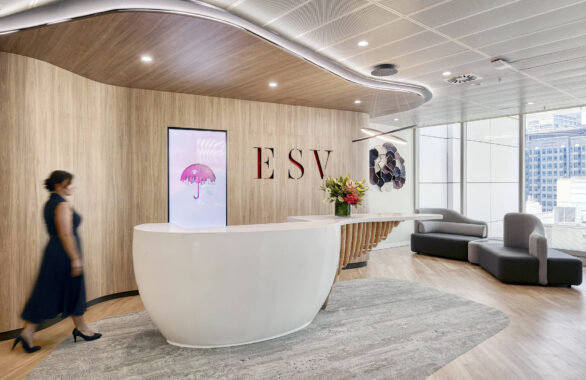The NSW Government have provided an update on the rules for Covid-19 support packages and grants; however, they are still heavily lacking clarity around certain key eligibility and evidentiary issues and are in fact changing some of the guidance previously provided. As such, it is making determining eligibility extremely difficult, challenging and frustrating for businesses. There is even inconsistency with information across pages on the ServiceNSW website!
Given the ongoing shifting guidance provided by ServiceNSW we strongly recommend that all relevant documentation, screen shots and supporting calculations are kept on file and retained. Ensuring all of the information is available will also assist in the application process.
Businesses that have applied and are eligible for the 2021 Covid-19 business grant will generally be automatically eligible for JobSaver (although applicants need to provide additional information).
Whilst a number of the criteria haven’t changed, ServiceNSW advised last night that:
Eligibility
The term “aggregated annual turnover” is to align to the income tax concept and therefore the previous use of the wording “National” is not relevant for determining eligibility for the Aggregated Turnover threshold. This is a change from previous guidance. In short, if an Australian business is part of a worldwide group then generally the group’s entire turnover is required to be examined. This change significantly reduces the scope of businesses that are eligible.
Decline in Turnover
All businesses are now able to determine a decline in turnover based on the following criteria:
- A 30% decline in turnover needs to be over a minimum 2-week period compared:
*to a comparative period in 2019;
*to a comparative period in 2020; or
*to the 2-week period immediately before lockdown commenced i.e 11-25 June.
The above testing period differs to that recently detailed as alternative testing for the grants and had been included in the “Frequently Asked Questions” section of the ServiceNSW website.
- A businesses decline in turnover needs to be referable to the restrictions arising because of lockdown and not a non-Covid reason (e.g. seasonal changes, timing of holidays or other such changes).
Missing in Action – Alternate Criteria
The above revised testing periods are designed to assist a business determine its eligibility and provide alternate criteria for businesses to assess eligibility. So what is MIA?
- Service Entities
Whilst ServiceNSW have not directly referenced service entity structures, they would appear to be of the view that although the trading entity and employing entity are generally grouped for the aggregated turnover threshold, in determining the decline in turnover, the trading entity is seen as a separate entity from the employing entity (i.e. ungrouped) meaning that the employing entity needs to apply in its own right.
As such, if the service entity does not reduce its recharge to the trading company (e.g. because it still wishes to pay staff full wages), then the service entity would appear not to be eligible.
ServiceNSW’s approach appears to be based on the flawed logic that the service entity would automatically have reduced turnover due to a reduced demand for its labour, but that is not always the case. The lack of understanding of such a simple and common business structure is staggering.
- Other situations – no guidance has been provided on how the rules apply to entities:
*With substituted accounting periods;
*That are part of a tax consolidated group;
*That are part of a GST group.
A (minor) step in the right direction is that accountants are now able to apply on behalf of clients, however, they need to be authorised contacts from a ServiceNSW perspective.
Despite the disappointing changes noted above, we expect there to be ongoing clarifications and changes to follow as the position in NSW becomes clearer. We will continue to keep you up to date with the changes as they happen.
Should you have any questions please reach out to your Engagement Partner – we are here to help as we navigate the Delta journey.
.





